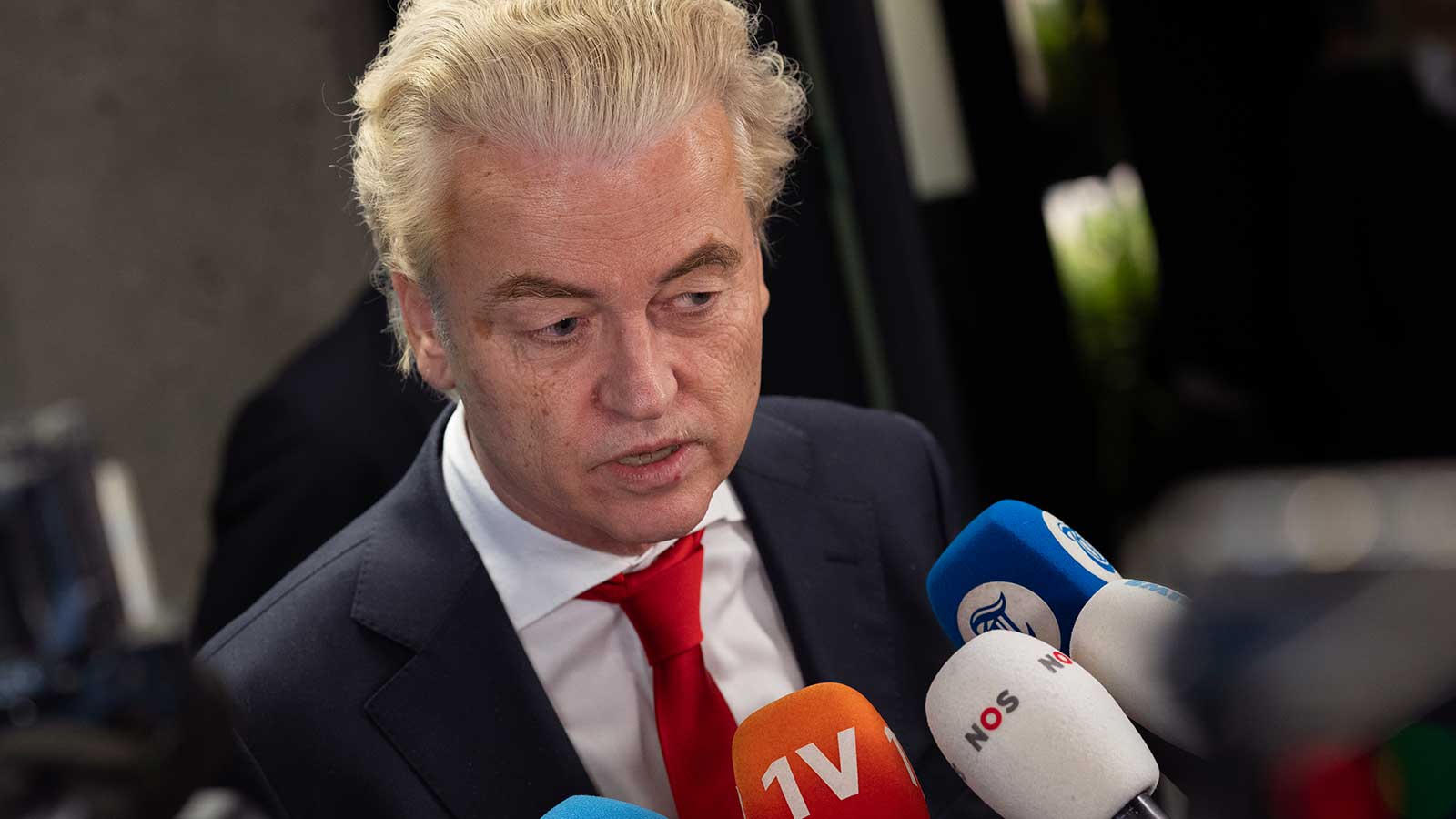The European Commission has hit out against plans by the new Dutch coalition government to opt out of the EU migration pact.
Speaking in The Hague on Thursday, Party for Freedom (PVV) leader Geert Wilders, the largest party in the Dutch parliament, announced the new right-wing administration agreed upon by four coalition partners will seek to release the country from the grip of Brussels on matters relating to asylum and migration.
“A lot is going to change. There will be an asylum crisis law. There will be border controls. There will be a ban on the priority of social housing for status holders,” Wilders told the Dutch press.
He then hinted at Dutch opposition to the EU’s migration pact and vowed to “fight for an opt-out on asylum in the European Union.”
It took a matter of hours, however, for the European Commission to put a dampening on the plans, signaling its intent to ensure all member states play by the new rules.
“We have a new pact on migration and asylum, which has been voted upon and confirmed and therefore has to be applied,” EU Commission spokesman Eric Mamer said at a press briefing in Brussels.
“This legislation will be applied and the commission will play its role in making sure it is,” he added.
The outgoing liberal administration in the Netherlands voted for the asylum pact adopted by the European Council on Tuesday by way of qualified majority voting. Only Hungary and Poland opposed the pact in full, while Czechia, Austria, and Slovakia voted against particular regulations within the legislation.
Under the new scheme, EU member states will be required to accommodate a set number of migrants with the quota set each year by Brussels. Failure to comply with the demands will see member states fined €20,000 for every individual they refuse.
Wilders is a longstanding critic of Western Europe’s liberal approach to mass immigration and has campaigned for tougher border controls for decades. With public opinion across the Netherlands now aligning with his party’s values and the electorate propelling the PVV into power, he remains intent on delivering what he described as the “strictest-ever asylum policy” in the Netherlands.
The new Dutch coalition may find allies in the Visegrád nations, all of whom have expressed at least some opposition to the plans.
After its adoption, Hungarian Finance Minister Mihály Varga told journalists during a visit to the de facto EU capital that Budapest would not play ball.
“Hungary does not accept the imposition of migrant quotas,” Varga said.
“It is particularly harmful and unreasonable that, based on the provisions of the new EU asylum package, a penalty of €20,000 per migrant must be paid by those countries not willing to accept migrants to their territory according to the mandatory quota.”
The new left-liberal government in Poland also reiterated its intention to refuse migrant quotas, with Prime Minister Donald Tusk telling journalists on Tuesday that Poland would “be a beneficiary of the migration pact.”
“We will not pay for anything, we will not have to accept any migrants from other countries. The EU will not impose any migrant quotas on us,” he said.
However, conservatives in Poland are skeptical of Tusk’s true intentions, believing him to be paying lip service with his opposition and thinking he will eventually fall in line.






